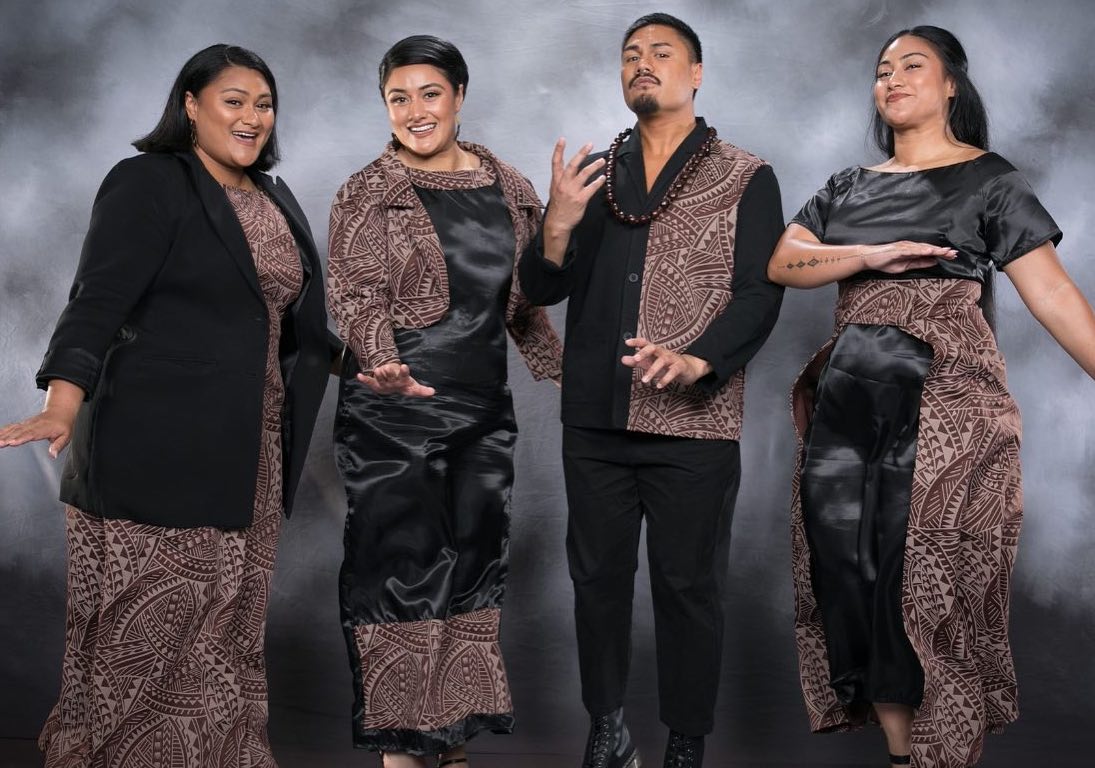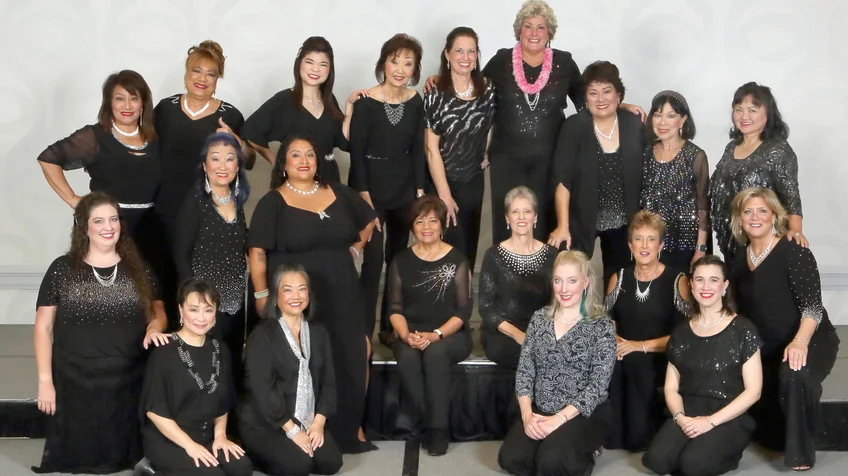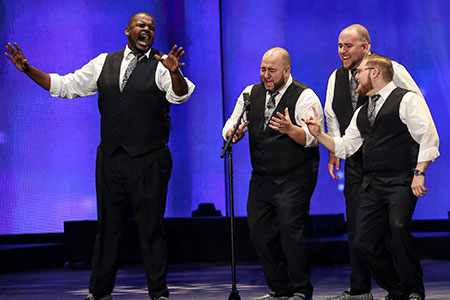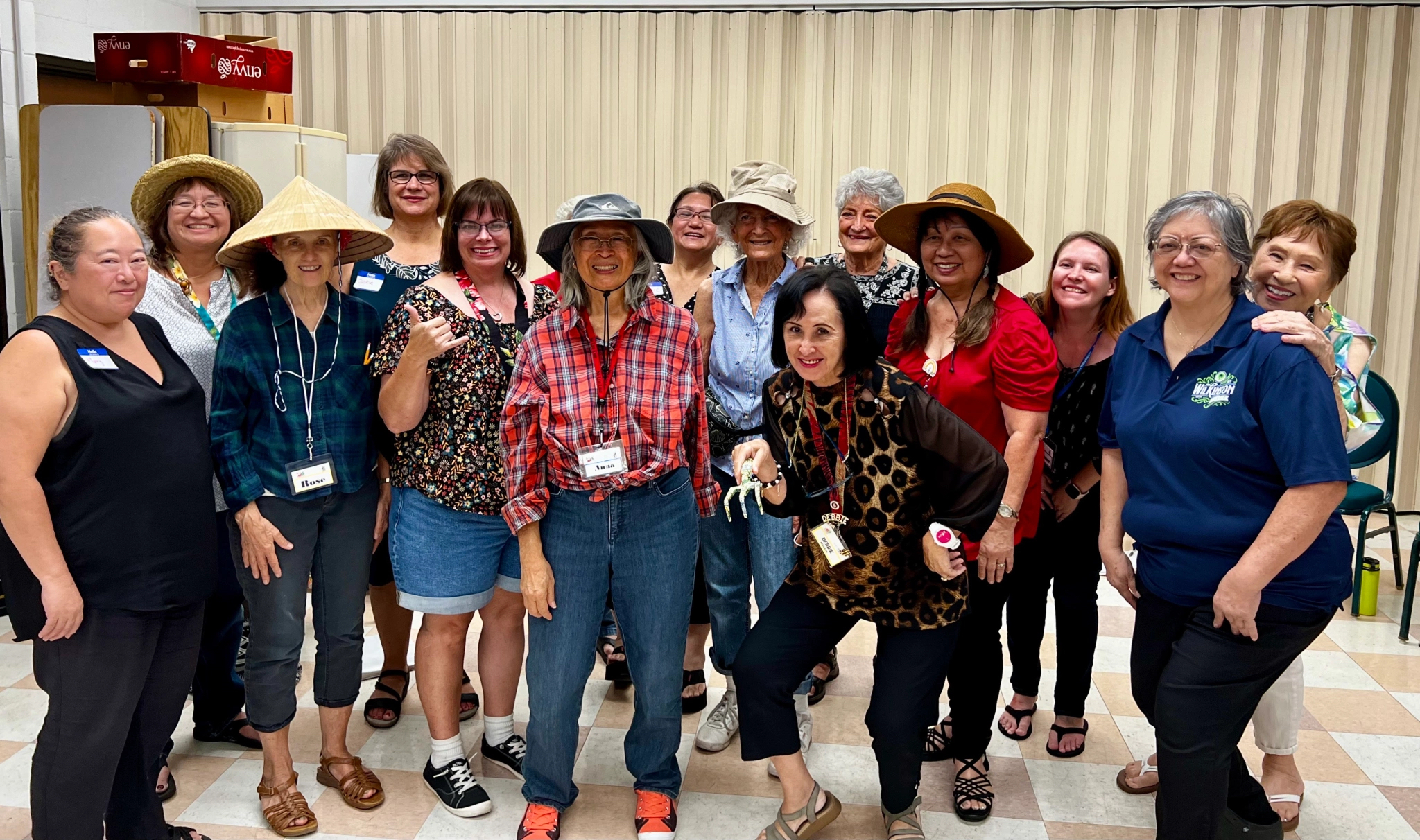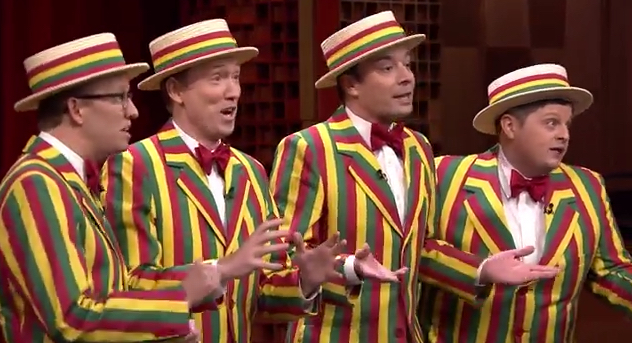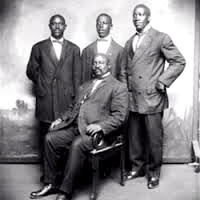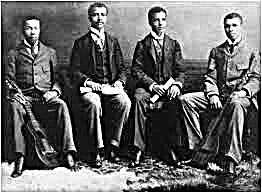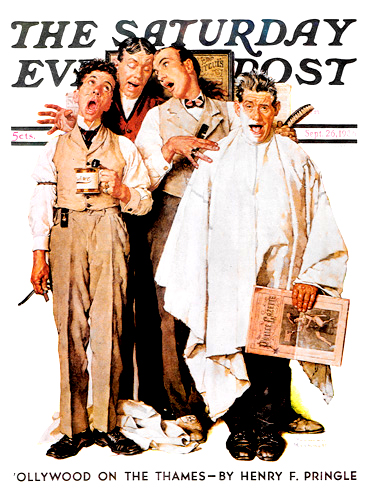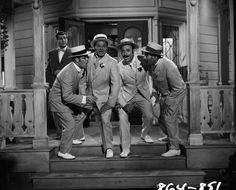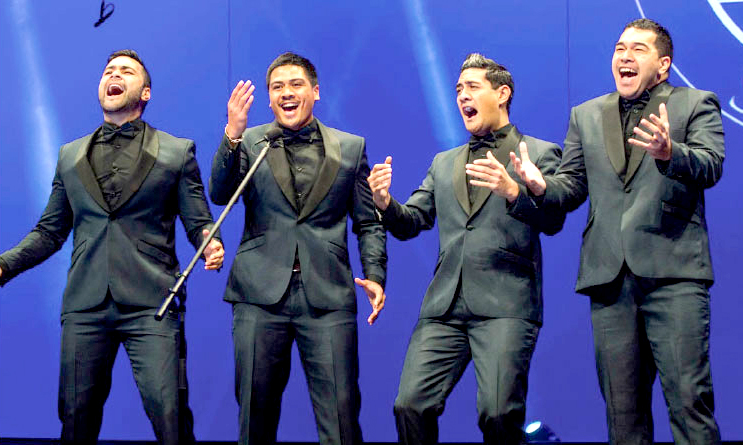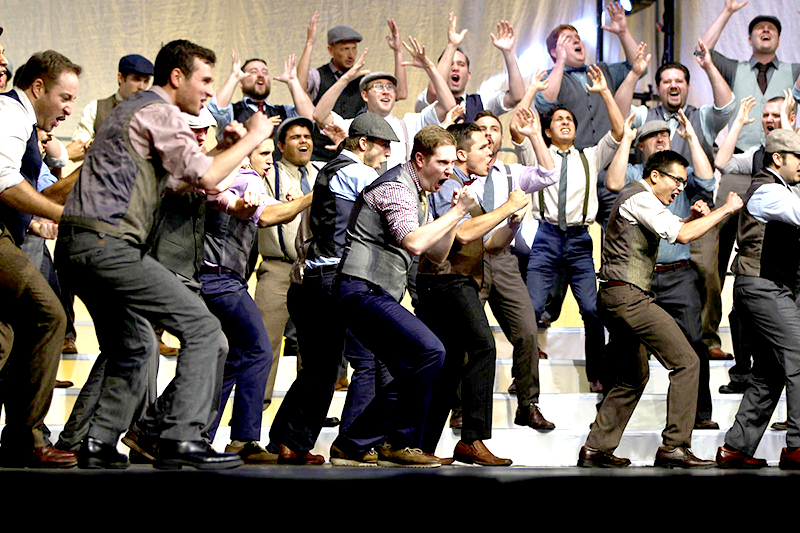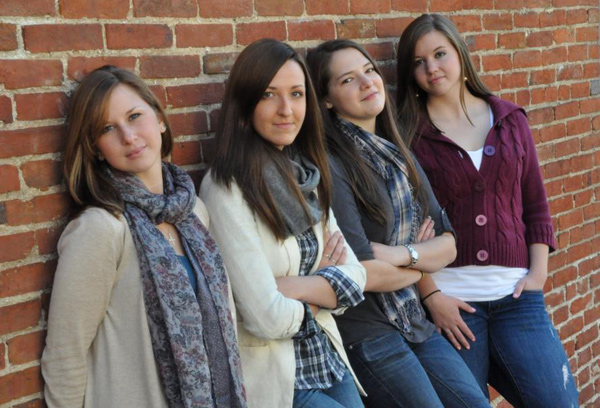Barbershop is a four-part, a cappella singing style with somewhat murky origins but that some scholars believe can be traced back to African-Americans of the mid- to late 1800s and, like many African-American musical traditions, later was embraced more widely and continued to develop in different directions. The term “barbershop” is thought to come from the fact that barbershops at that time had long served in England and the U.S. as social gathering places for men and for making music, both instrumental and vocal. (Fun fact: The popular quartet The Mills Brothers were the sons of John Mills, a barber in Piqua, Ohio, who sang in his own barbershop quartet called the Four Kings of Harmony.)
Lamenting the fact that by the 1920s Vaudeville and Tin Pan Alley had started to associate the "barbershop quartet" tradition in the public's mind mostly with white quartets, NAACP Executive Secretary James Weldon Johnson wrote about just how prevalent barbershop harmonizing was at that time among young African-American men:
Pick up four colored boys or young men anywhere and chances are 90 out of 100 that you have a quartet. Let one of them find the melody and the others will naturally find the parts. Indeed, it may be said that all male Negro youth of the United States is divided into quartets … .
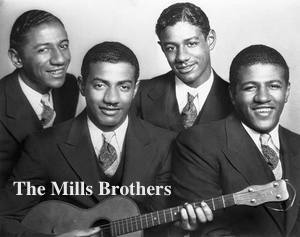 To learn more about evidence of African-American contributions to barbershop, and how they were forgotten, see this article (starting on page 13) from the January-February 2015 issue of the magazine of the Barbershop Harmony Society (BHS), as well as this 2020 article in Nashville Scene.
To learn more about evidence of African-American contributions to barbershop, and how they were forgotten, see this article (starting on page 13) from the January-February 2015 issue of the magazine of the Barbershop Harmony Society (BHS), as well as this 2020 article in Nashville Scene.
In the 1930s, BHS (formerly the Society for the Preservation and Encouragement of Barbershop Quartet Singing in America), and later Sweet Adelines International and Harmony, Incorporated, were formed to encourage the art form among men and women, respectively. The Sounds of Aloha Chorus is the Aloha Chapter of BHS, which now has men's, women's, and mixed choruses and quartets.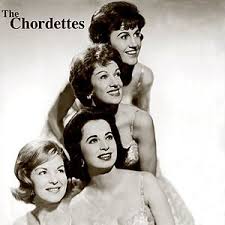
The four voice parts in a barbershop quartet or chorus (barbershop groups use the same names for the voice parts, regardless of the group's or singer's gender) do not correspond exactly to the names of the voice parts or voicing found in most other choral traditions:
1) The Lead generally sings the melody and -- distinctive for the melody part in choral singing but common in the African-American gospel tradition -- is not the highest voice;
2) The Tenor, the highest voice, harmonizes above the lead, often in falsetto in male groups;
3) The Bass typically provides the foundation that the bass part does in other choral traditions; and
4) The Baritone ranges as high as the Lead and is the harmony voice that often completes the four-part chords.
Today barbershop features mostly homophonic texture, with the voices singing the same syllables at the same time, and a strong emphasis on the blended ensemble sound -- even to the extent of using unusual tuning to maximize the expanded sound of overtones. More traditional barbershop songs feature relatively simple melodies, reflecting the art form's informal and improvisational origins, although the contemporary barbershop scene features an enormous variety of songs and arrangements. Barbershoppers also are notably partial to certain seventh chords -- so much that the dominant seventh sometimes is referred to colloquially as a "barbershop seventh."
Here’s how Deke Sharon, founder of the Contemporary A Cappella Society of America (CASA), producer of NBC’s “The Sing-Off,” music director for the "Pitch Perfect" movies, and a star of the Lifetime a cappella docuseries "Pitch Slapped," starts off introducing young a cappella enthusiasts to what they may have thought of as an old style of singing:
You're young, you're scrappy. You want to be the best. … You want technique, you want moves. You need to learn karate... except contemporary a cappella doesn't have a traditional refined martial art... does it?
It does. It's called Barbershop.
Sharon goes on to provide a terrific and succinct explanation of eight key characteristics of barbershop, as a musical art form and as a contemporary hobby. He also explains why he thinks of barbershop as “a cappella’s martial art.” Check it out!
“There is no bad day that can’t be overcome by listening to a barbershop quartet.
This is just truth, plain and simple.”
-Aldous Huxley
